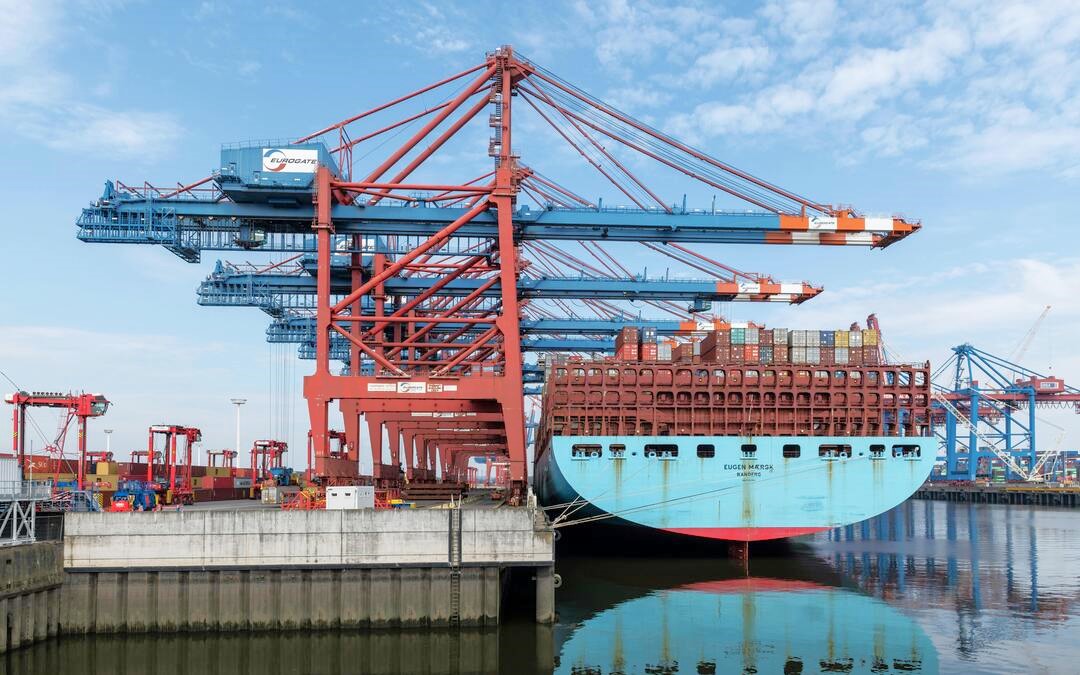BPCL, Mumbai Port Authority to Launch India’s 1st Green Fuel Ecosystem
This initiative aims to significantly reduce greenhouse gas emissions and contribute to the country’s climate change goals.
India’s green energy transition is poised for a faster takeoff, with one of its largest fossil fuel companies playing a considerable part in reducing carbon emissions.
On Thursday, state-owned oil marketing firm Bharat Petroleum Corp. Ltd. said it signed a memorandum of understanding with the Mumbai Port Authority and its affiliate to establish an advanced green fuel ecosystem.
According to a press release, this initiative aims to significantly reduce greenhouse gas emissions and contribute to the country’s climate change goals by focusing on green fuel innovations.
Sustainability in the Spotlight
The release further said that BPCL, MPA and Mumbai Port Sustainability Foundation are committed to pioneering sustainable practices in the country.
“This MoU is consistent with BPCL’s plans toward a sustainable tomorrow alongside our own aspiration to achieve net-zero emissions in Scope 1 and Scope 2 by 2040,” said G. Krishna Kumar, chairman and managing director of BPCL, in the statement.
Scope 1 and Scope 2 emissions are two categories defined by the Greenhouse Gas Protocol, a widely used framework for measuring and reporting greenhouse gas emissions.
While Scope 1 addresses direct emissions from sources owned or controlled by a company, such as heating, electricity, or transportation, Scope 2 factors indirect emissions when the company procures electricity from a coal-fired power plant.
Kumar added that they will enable sustainable energy solutions such as liquefied natural gas and electric vehicles for the maritime sector as part of its commitment to the communities they serve.
Green Port of Call
BPCL and MPA will collaborate to introduce EV charging stations at Mumbai Port, promoting green energy adoption for port users and the general public.
Additionally, the MoU will explore options to switch diesel-powered vessels with cleaner alternatives, further enhancing the port’s green infrastructure and reducing its carbon footprint.
BPCL and MPSF will also work on source segregation, storage, and handling of recyclable and non-recyclable solid waste at Mumbai Port, ensuring a cleaner and more sustainable operational environment.
“This collaboration exemplifies the use of innovative technologies and solutions to drive research and development in the energy sector,” BPCL said in the statement.
It added: “BPCL’s leadership in this space reinforces its role in shaping India’s sustainable future, making Mumbai Port a model of environmental responsibility for ports nationwide.”
Also Read:
Sibi Sathyan
Related posts

Subscribe
Error: Contact form not found.


